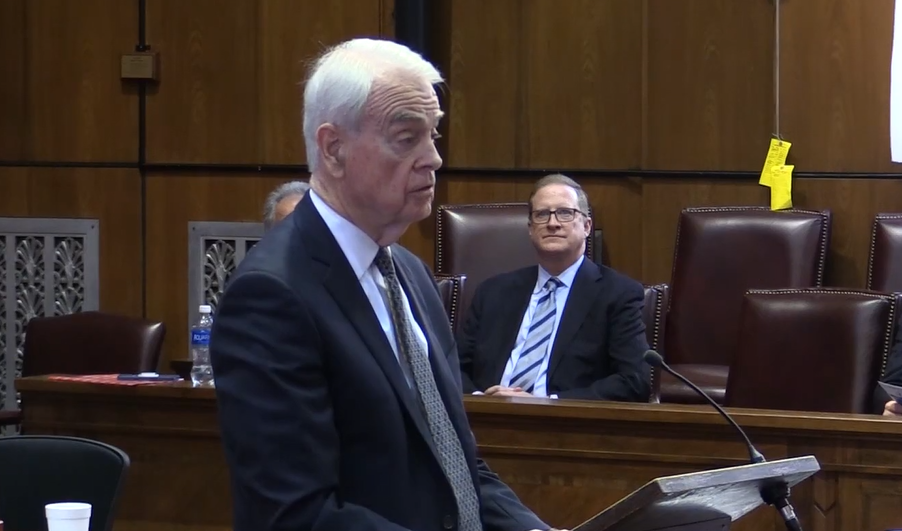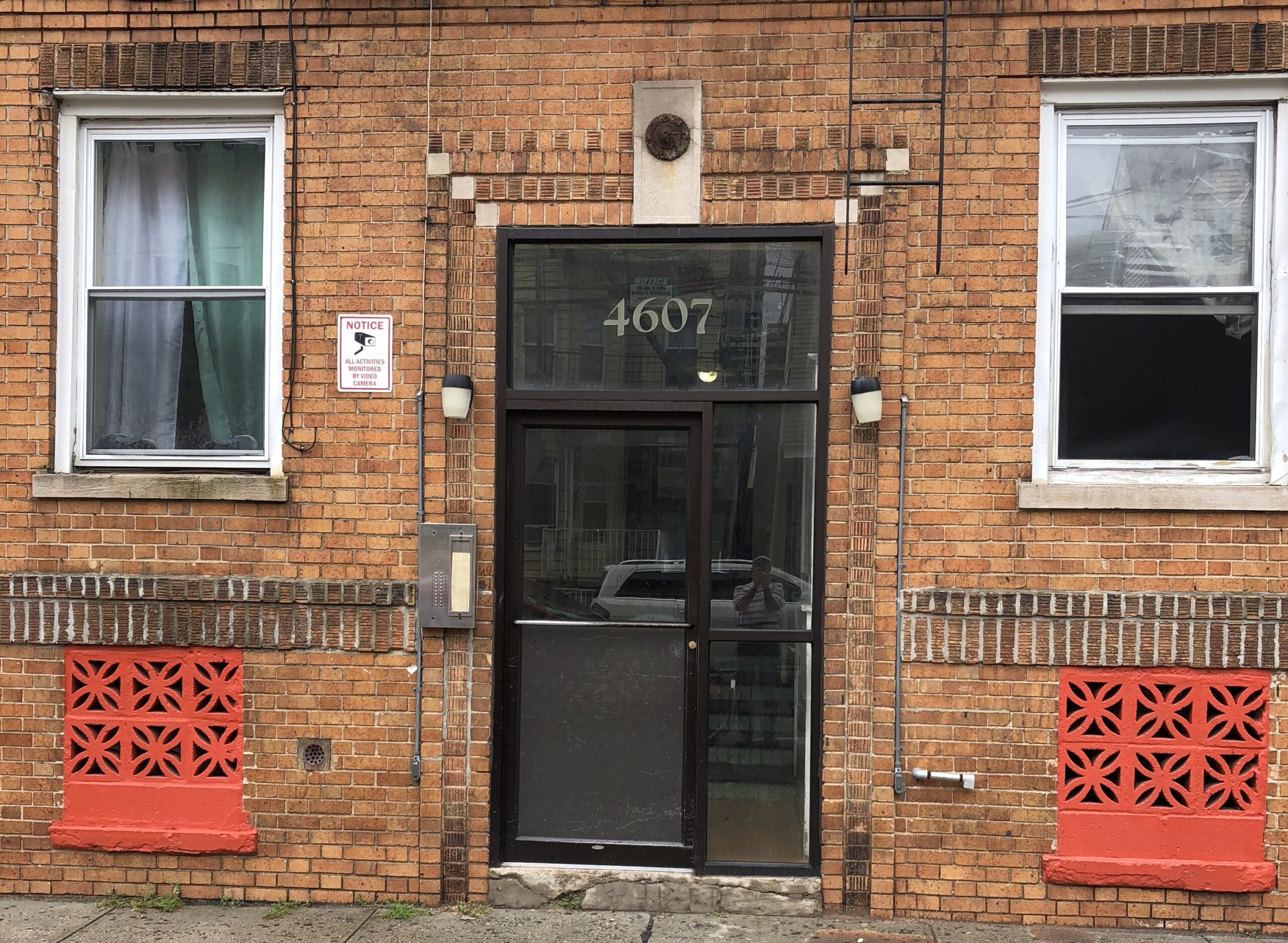Check out veteran defense attorney Joe Hayden’s personal recounting of the Bill Musto corruption trial in “The Art of the Jury Trial.”
The late Bill Musto, Mayor of Union City a state senator, and a war hero, got jammed up in a local corruption case, where then-Musto aide Bob Menendez testified against him.
“If you saw it in a Hollywood movie you’d think it was contrived,” said Hayden, a member of the defense team.
Find out why, and find out what is worse than losing a case.
“Only in New Jersey.”
Hayden’s address begins at the 35:00 mark and can be viewed HERE.

(Visited 33 times, 50 visits today)
Click here for the full Insider Index
The trial of Mayor Bill Musto was a highly publicized event that captivated the attention of many in the community. As with any trial, one of the key components of the legal process is the selection of a jury. In this article, we will take a closer look at the jury selection process in the trial of Mayor Bill Musto.
Jury selection, also known as voir dire, is a crucial step in the legal process as it determines who will ultimately decide the fate of the defendant. In the case of Mayor Bill Musto, potential jurors were carefully vetted to ensure that they could be impartial and fair in their decision-making.
The process of jury selection begins with a pool of potential jurors being called into the courtroom. The judge, along with the prosecution and defense attorneys, then ask a series of questions to determine if each potential juror is fit to serve on the jury. These questions may range from basic information about the juror’s background to more specific inquiries about their beliefs and experiences.
In the trial of Mayor Bill Musto, potential jurors were asked about their knowledge of the case, any biases they may have, and their ability to be fair and impartial. The goal of these questions is to ensure that the jury is made up of individuals who can weigh the evidence objectively and come to a fair decision based on the facts presented in court.
Once the questioning is complete, both the prosecution and defense attorneys have the opportunity to strike potential jurors from the pool. This process, known as peremptory challenges, allows each side to remove jurors they believe may be biased or unsuitable for serving on the jury.
After both sides have exercised their peremptory challenges, the final jury is selected. In the trial of Mayor Bill Musto, a diverse group of individuals from various backgrounds and experiences were chosen to serve on the jury.
The jury selection process is a critical aspect of any trial, as the individuals chosen to serve on the jury will ultimately determine the outcome of the case. In the trial of Mayor Bill Musto, the jury selection process was conducted with care and attention to detail to ensure that a fair and impartial jury was chosen to hear the evidence and make a decision based on the law.
In conclusion, the trial of Mayor Bill Musto was a high-profile case that required a thorough and careful jury selection process. By selecting a diverse group of individuals who could be fair and impartial, the legal system ensured that justice was served in this important case.

